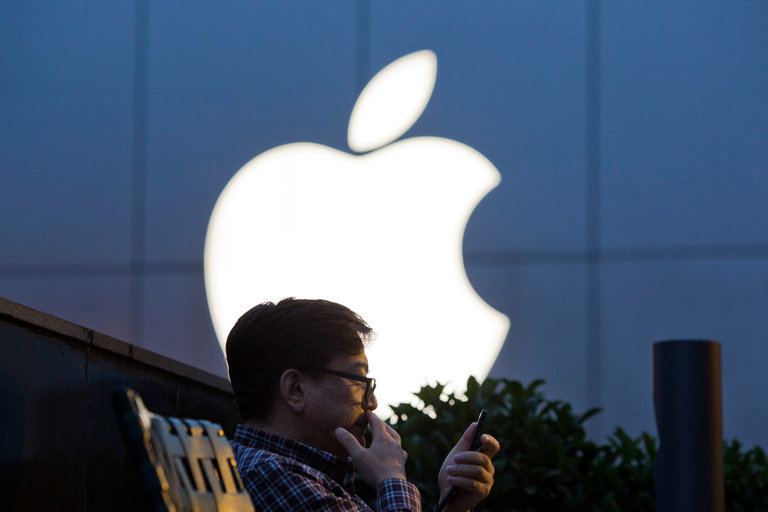Apple Removes Apps From China Store That Help Internet Users Evade Censorship

The New York Times, 30 July 2017

By Paul Mozur — Software made by foreign companies to help Chinese users skirt the country’s system of internet filters has vanished from Apple’s app store on the mainland.
One company, ExpressVPN, posted a letter it received from Apple saying that its app had been taken down “because it includes content that is illegal in China.”
Another posted a message on its official account that its app had been removed.
A search on Saturday showed that some of the most popular foreign virtual-private networks, also known as VPNs, which give users access to the unfiltered internet in China, were no longer accessible on Apple’s app store there.
ExpressVPN wrote on its blog that the removal was “surprising and unfortunate.”
It added, “We’re disappointed in this development, as it represents the most drastic measure the Chinese government has taken to block the use of VPNs to date, and we are troubled to see Apple aiding China’s censorship efforts.”
Sunday Yokubaitis, president of Golden Frog, a company that makes privacy and security software including VyprVPN, said its software, too, had been removed from the app store.
“We gladly filed an amicus brief in support of Apple in their backdoor encryption battle with the F.B.I.,” he said, “so we are extremely disappointed that Apple has bowed to pressure from China to remove VPN apps without citing any Chinese law or regulation that makes VPN illegal.”
He added, “We view access to internet in China as a human rights issue, and I would expect Apple to value human rights over profits.”
In a statement, Apple noted that the Chinese government announced this year that all developers offering VPNs needed to obtain a government license.
NAVIGATING VIRTUAL PRIVATE NETWORKS
VPNs are a way to encrypt the data you send and receive over an Internet connection, and they offer some security when using a public Wi-Fi connection. In China they are used to gain access to sites barred by the Great Firewall.
- Virtual private networks are an imperfect shield for internet privacy.
- How to use a VPN.
- How to disconnect from a VPN.
“We have been required to remove some VPN apps in China that do not meet the new regulations,” the company said. “These apps remain available in all other markets where they do business.”
This is not the first time Apple has removed apps at the request of the Chinese government, but it is a reminder of how deeply beholden the tech giant has become to Beijing at a moment when the country’s leadership has been pushing to tighten its control over the internet.
The removals signal a new effort by China to control the internet. In the past, the country’s so-called Great Firewall has used technology to disrupt VPNs, and Beijing has shut down Chinese VPNs and even aimed a huge cyberattack at a well-known foreign site hosting code that circumvented the filters.
But the move by Apple is also the first example of China successfully using its influence with a major foreign tech platform to push back against the software makers.
While internet crackdowns often peak every five years, ahead of a key Chinese Communist Party congress, the efforts this year cover fresh ground, a likely indication that stricter controls of things like VPNs will persist after the congress this autumn. China also began a partial block of the Facebook-owned messaging app WhatsApp this month.
Greater China, which includes mainland China, Hong Kong and Taiwan, is Apple’s largest market outside the United States. That has made the company more vulnerable than almost any other American technology firm to a Chinese campaign to wean the country off foreign technology and tighten control over foreign tech companies operating there.
In response, Apple has taken a number of steps to ensure that it stays on Beijing’s good side. Last year, the company complied with what it said was a request from the Chinese authorities to remove from its China app store news apps created by The New York Times.
The company said this month that it would open its first data center in China to comply with a new law that pushes foreign firms to store more of their data in the country.
Apple has operated its app store in China for many years with only occasional run-ins with the government. The VPN crackdown and Beijing’s move in December to target news sites indicate that China’s internet regulators have taken a deeper interest, and are exerting more control, over what is available on Apple’s China app store.

